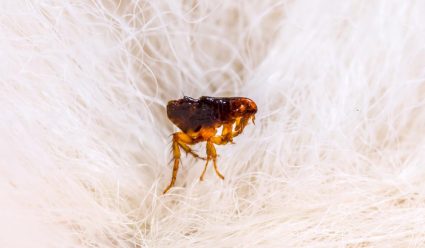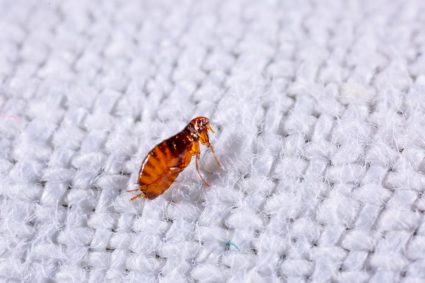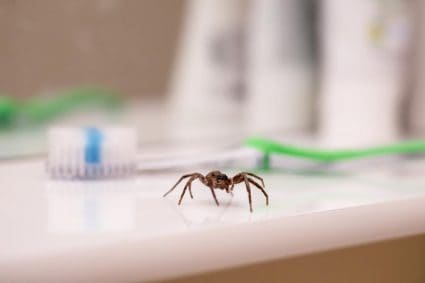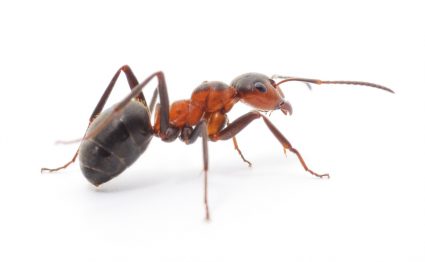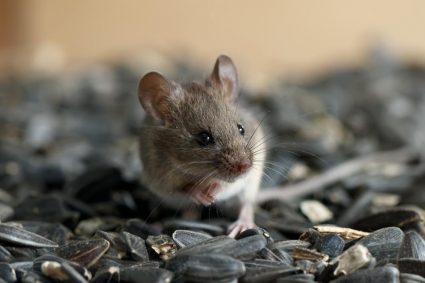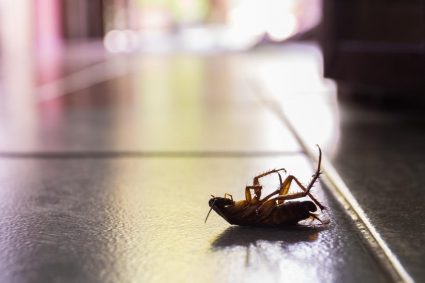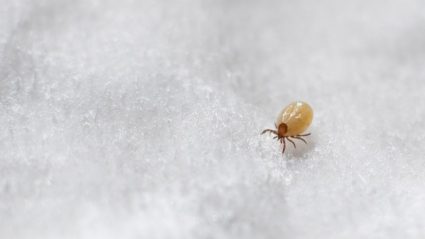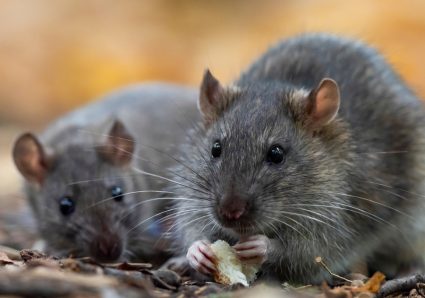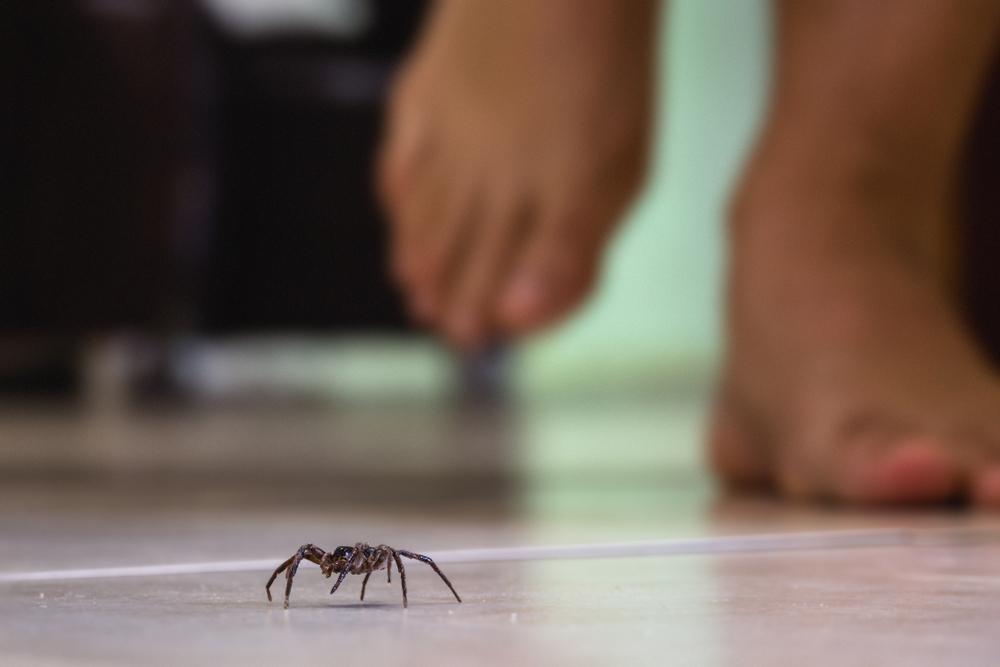
Pest control is a common concern for homeowners, and spiders are one of the most common pests that people want to eliminate. However, not every spider is harmful, and some are even beneficial to our environment. So, does pest control kill spiders? The answer is yes, but the effectiveness varies depending on the method used and the type of spider. Let’s delve deeper into this topic.
Yes, pest control can kill spiders. However, the effectiveness of the pest control methods varies depending on the type of spider and the method used. Insecticides, traps, and natural repellents are commonly used. It’s also worth noting that while pest control can effectively eliminate spiders, it can pose potential health risks to humans and have significant impacts on the environment.
Types of Pest Control Methods for Spiders
Pest control companies use a wide array of methods to deal with spiders. These include regular cleaning, using spider traps, applying insecticides, removing spider webs, sealing entry points, and monitoring with sticky traps. Some even offer specialized spider removal services tailored to the specific situation.
Insecticides
Insecticides containing residual pyrethroids, chlorfenapyr, acetamiprid, silica aerogel, or fipronil are commonly used to eliminate spiders. However, it’s important to note that not all insecticides are equally effective against spiders. The effectiveness varies depending on the specific spider species and the severity of the infestation.
Natural Repellents
Natural repellents such as essential oils, vinegar, and dish soap can also be effective in deterring spiders. Some homeowners also use diatomaceous earth, which lacerates the exteriors of spiders, leading to dehydration and death.
Health Risks Associated with Pest Control
While pest control can effectively eliminate spiders, it can also pose potential health risks to humans. Exposure to pesticides may result in irritation to the eyes, nose, and throat, damage to the central nervous system and kidneys, and an increased risk of cancer.
Moreover, pesticides can also have indirect effects on non-target organisms. Over 98% of sprayed insecticides and 95% of herbicides reach a destination other than their target species, causing harm to other plants, animals, and humans.
Preventing Spider Infestations
Prevention is always better than cure. Regular cleaning, sealing entry points, using natural repellents, maintaining your garden, and turning off outdoor lights are some measures homeowners can take to prevent spiders from infesting their homes.
The Impact of Pest Control on the Environment
Pest control methods can have significant impacts on the environment and local ecosystems. Pesticides can contaminate soil, water, turf, and other vegetation. They can also affect non-target species, disrupt the balance between pest insects and their natural predators, contribute to air pollution, and reduce the proportion of organic matter in soil.
To mitigate these environmental impacts, it’s crucial to adopt more sustainable pest control methods, such as integrated pest management (IPM) approaches.
Humane Pest Control Methods
For those who prefer not to kill spiders, there are several humane pest control methods available, such as catch and release, spider catchers, natural repellents, and keeping your home clean and clutter-free.
Common Spider Species
The most common spider species that pest control companies deal with include Black Widow spiders, House spiders, Brown spiders (including Brown Recluse), Wolf spiders, Cellar spiders, Hobo spiders, Funnel-web spiders, and Garden spiders.
In conclusion, pest control can kill spiders, but the effectiveness varies depending on the method used and the type of spider. It’s also essential to consider the potential health risks and environmental impacts associated with pest control. By adopting more sustainable and humane methods, we can manage spider infestations while minimizing harm to ourselves and the environment.
Frequently Asked Questions
What are the signs of a spider infestation?
Some of the common signs of a spider infestation include seeing spiders frequently, finding spider webs or egg sacs, and noticing an increase in other pests that spiders feed on.
Are all spiders harmful to humans?
No, not all spiders are harmful to humans. In fact, most spiders are harmless and can even help control other pests by feeding on them. However, there are some species like the Black Widow and the Brown Recluse that are venomous and can cause harm if they bite humans.
Do all pest control companies use the same methods to eliminate spiders?
No, the methods used by pest control companies can vary. Some may use insecticides and traps, while others may use more natural methods or a combination of different methods. It often depends on the specific situation and the type of spider that needs to be controlled.
How often should I have my home inspected for spiders?
The frequency of inspections can depend on several factors, such as the severity of the infestation, the type of spiders present, and the methods used for control. However, as a general rule, it’s a good idea to have your home inspected for pests at least once a year.
Can I control a spider infestation on my own?
While it’s possible to handle minor spider infestations on your own using natural repellents and regular cleaning, larger infestations or infestations involving venomous spiders should be handled by professionals to ensure safety.

